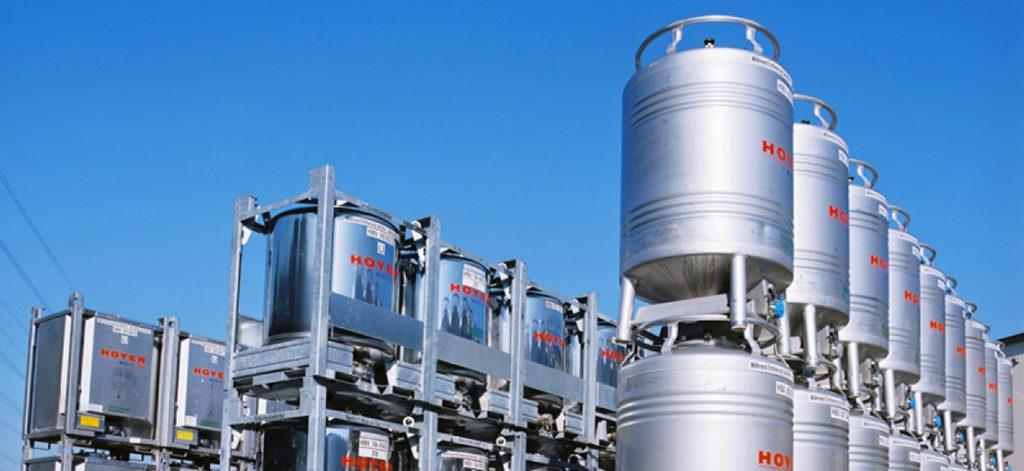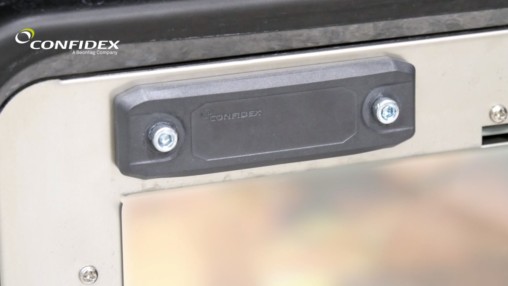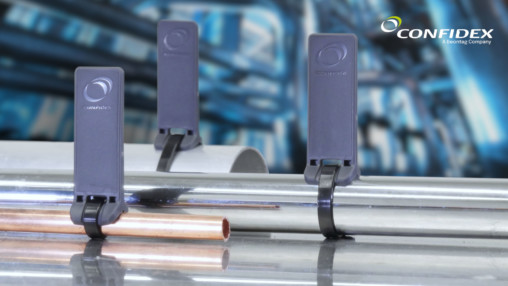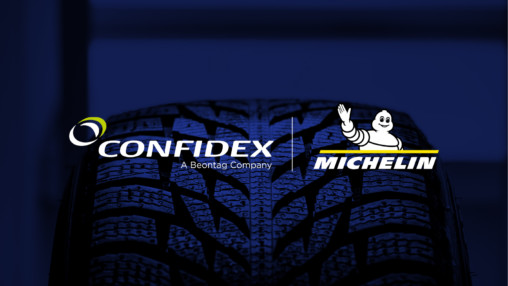HOYER Group offers rentals and transport, and also fleet management and technical service under one roof for the intermediate bulk containers (IBC’s). HOYER’s IBC fleet consists mainly of standardized container types. These small containers, with a volume of 500 or 1000 liters, are largely deployed for transportation and storage of liquid products. IBCs can be provided with special coatings or with heating, and approved for dangerous goods.
The investigation for an automated IBC management solution started when the company wanted to find a replacement system for the traditional manual detection and identification processes. The earlier procedures were highly resource-consuming and thus also prone to error rates. Besides moving away from the manual processes, the target was to get full continuous visibility over the IBC fleet. This meant that not only the container movements should be understandable, but also the containers’ condition, such as the general condition when returning and detailed information about damage needed to be shown in the system. Overall, the goal was to be able to see at any time, where each container is, whether it’s clean or unclean, or that the IBC is available for a new use.
The reliable identification of the IBC’s creates the base for the HOYER’s automated solution. “RFID makes it possible easily to remotely identify and locate an IBC and automatically collect, store and transmit digital data, for example about the location, content and condition of the container.” says Marlen Blechschmidt, project and tender manager for IBC business.
HOYER selected Centiveo, Confidex partner, to develop and deliver the RFID system. This included providing the full RFID HW and SW from development to installation and support of software solutions in the practice and development. The system covers elevenIBC depots in the HOYER European network. The depots are equipped with RFID hand-held readers as well as docking stations for transmission of data into the HOYER IT system.
HOYER’s started getting clear benefit after a short time after the RFID implementation. “Only the time saving by the RFID system is already a profit, as well as the rapid flow of information and better inventory control through a secure data base” describes Marlen Blechschmidt. In the longer term, company is benefiting the increase of process quality, transparency and the reduction of process costs due to the automated IBC recording including and the elimination of search times. “This technology not only brings enormous benefits for the management of our own IBC fleet, it also enables our clients to integrate IBC status reports into their own IT processes. We want to minimise interfaces with our clients, which optimises processes. RFID technology is perfect for doing this.” continues Blechschmidt.
What’s being tagged?
IBCs have a long service life of and they are cleaned countless times during their lifecycle. The RFID tag needs to tolerate cleaning process including high pressure washing with detergents in elevated temperatures and also occasional overflow of products during filling. Confidex Survivor tags were successfully validated for the system – the tags are providing reliable identification as well as tolerance against the IBC conditions.
ABOUT HOYER GROUP
HOYER is a traditional, independent family enterprise dating back to 1946 and has become one of the world’s leading bulk logistics providers, offering comprehensive expertise in complex services and maintaining characteristically close relations with its customers. In European and worldwide bulk logistics, comprehensive solutions are developed and implemented, especially for the chemical, petroleum, food and gas industries. 5,200 employees in over 80 countries help its customers to become even more successful in their respective markets, with the aid of sophisticated logistics solutions. HOYER operates more than 2,500 trucks, 3,100 trailers, 20,000 IBCs, 27,000 tank containers and numerous logistics sites with depots, washing facilities and workshops. http://www.hoyer-group.com/



